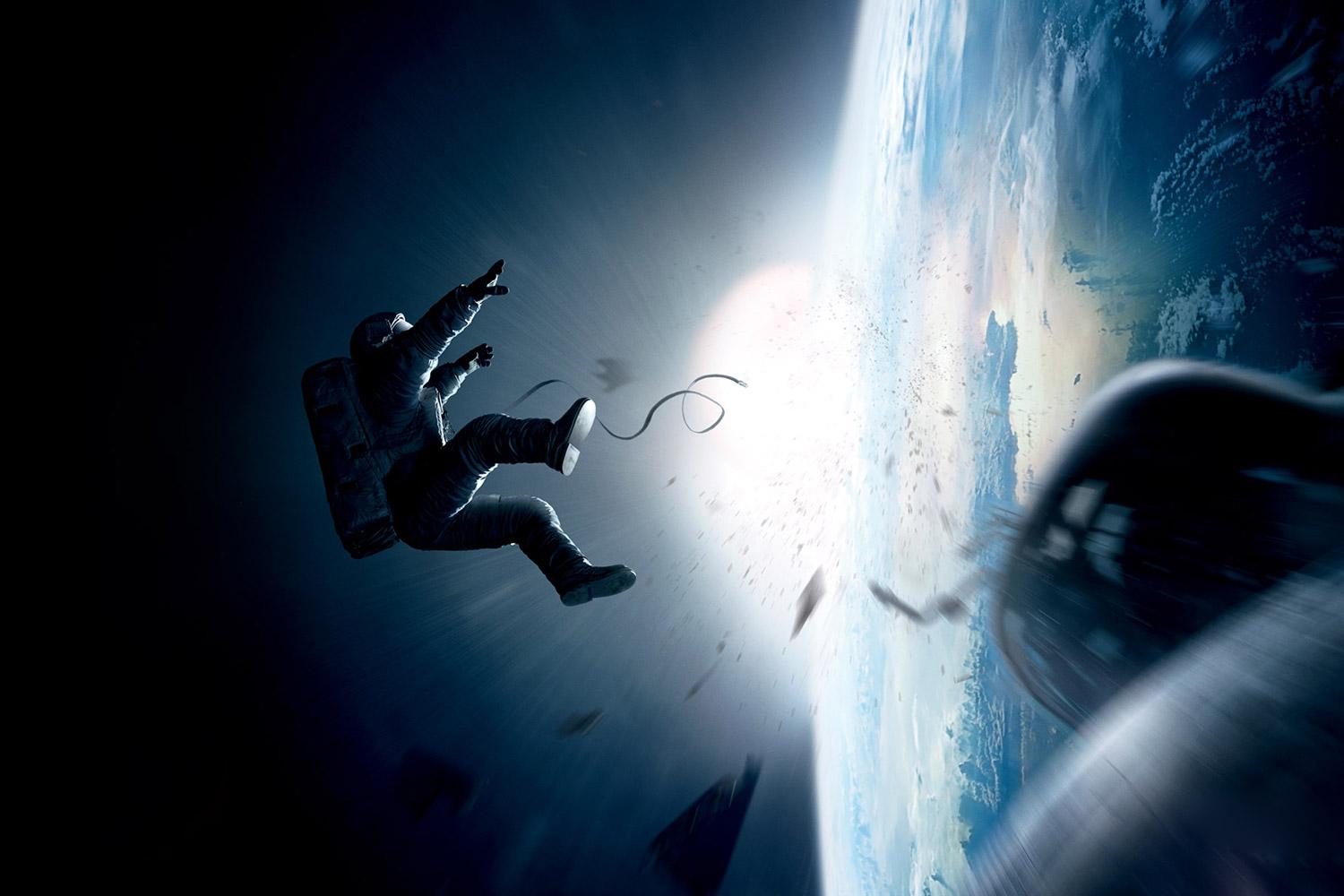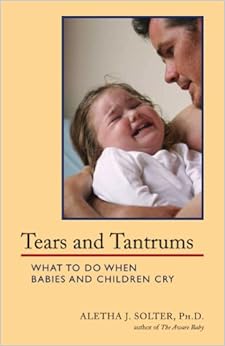Gravity
 On Friday afternoon all my girls–all four of them (as we have picked up an extra for a couple of months)–were off doing their own thing. My husband had left his carpentry project to watch the Apple Cup, and I decided that I would go see Gravity, a movie whose premise has intrigued me since I first encountered it. I told Bruce where I was off to and, to my surprise, he leapt up and said, “I’ll go with you.” So off we went.
On Friday afternoon all my girls–all four of them (as we have picked up an extra for a couple of months)–were off doing their own thing. My husband had left his carpentry project to watch the Apple Cup, and I decided that I would go see Gravity, a movie whose premise has intrigued me since I first encountered it. I told Bruce where I was off to and, to my surprise, he leapt up and said, “I’ll go with you.” So off we went.
The movie was visually beautiful. As a reviewer had recommended, I insisted on seeing it in Imax and 3D, and I found myself feeling completely aspin and dodging satellite debris, along with Sandra Bullock’s character. I was astounded with the filmmakers’ choice to not visually represent Dr. Ryan Stone’s backstory, and then–a significant shift–this choice felt brilliant. That her father wanted a boy, that she had lost a child, that she had to claim her own power and her own life in order to keep it–all of this compelled me viscerally. I don’t want to give the movie away if you haven’t seen it, but I will say that it–as I had hoped–was a metaphor for every individual’s life, including mine. I don’t think you have to have lost a child to find yourself weeping when George Clooney’s character says, in his understated way, “You lost a kid. It doesn’t get rougher than that.” We’ve all lost something. We’ve lost ourselves. In order to go on, we have to make a choice to go on.
When I went looking for an image for this post, I found this discussion by astronauts as to whether or not the effects in GRAVITY were realistic.



 Aletha Solter’s book, Tears and Tantrums, saved my life when I was a mother of preschoolers; well, it was one of the books that saved my life. I’ve been thinking about it, and wanted to share with you. If you Google her name you’ll find a website with a summary.
Aletha Solter’s book, Tears and Tantrums, saved my life when I was a mother of preschoolers; well, it was one of the books that saved my life. I’ve been thinking about it, and wanted to share with you. If you Google her name you’ll find a website with a summary.